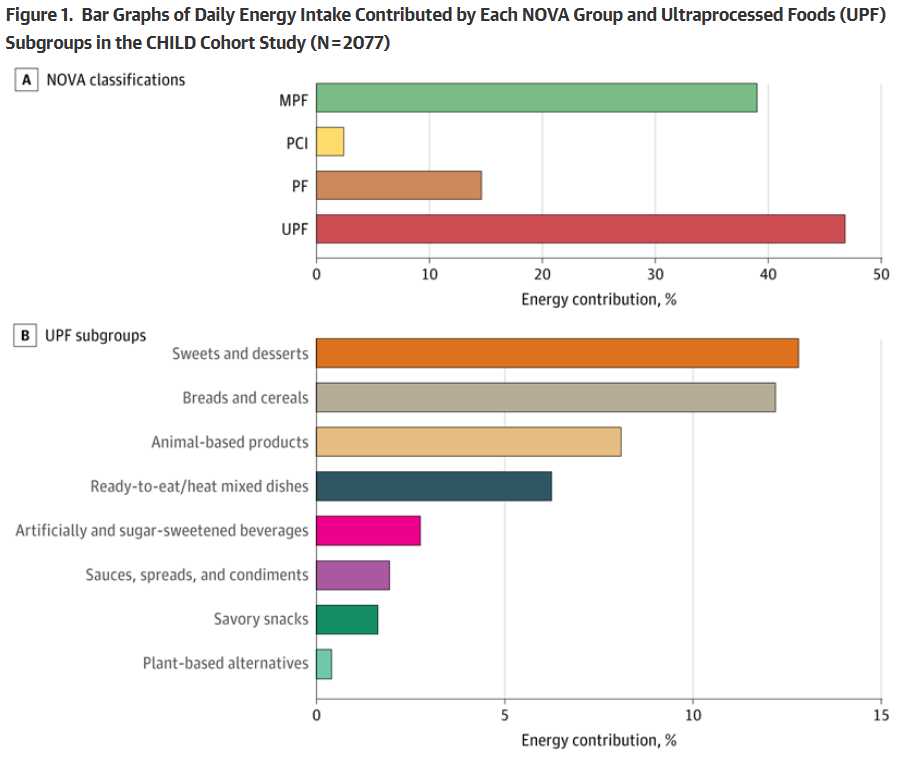'Invisibility' has long been a staple of science fiction. The ability to go unseen has benefits, mostly involving mischief, but there are some ways where being invisible need not involve the optical realm - it could involve the physical. In a poor country like Haiti, where it would be impossible to retrofit all of the buildings to withstand an earthquake, it may soon be possible to make earthquakes simply pass them by.
The annual AAAS conference is
being held next month in San Diego and I went last year (
here and
here and
here) , despite it being a Chicago February, but most of you did not, thus the reason for the title.
Sure, Christmas is a religious holiday and science and religion share common people but not often common ground. That doesn't mean we can't all join together and share some Christmas science ... and an awesome electric car (5 MPH!) I assembled for my youngest kids last night (picture to come later). Like Rock'em Sock'em Robots, even adults think miniature cars are cool. If you're the environmental type, I am basically teaching my kids to like a Prius - and it goes about as fast. So thank me by reading some of the terrific science below:
Tuesday began as a day like any other. Rolled out of bed at 10AM, read some awesome science blogging (here, where else?) over coffee, then went to the office where I was looking forward to a round of golf and a nap before playing some X-box before going home.
I arrived at the office and remembered I hadn't eaten breakfast; golf would have to wait. "Hey Bloggy," I said, "want to go to Mels? It's biscuit and honey day."
No answer. I looked over at where Bloggy would usually be boring into me with his wee beady eyes, making sure work gets done, but it was empty. Instead there was just a note. It read:
In honor of Scientific Blogging physics fave
Tommaso Dorigo's inside-referenced-named "Say of the Week" I would, just this once, like to mimic him as best I can, because
this was just too good to pass up.
"It is very sad to see some valuable minds writing such a pile of unmitigated bullshit"
It's World Series time, which means it's time to talk about physics and baseball once again. This season, among other things, we've covered
the farthest homerun ever hit and
how fast a pitcher really can throw (1) and today we're going to cover the curveball. But that's more that just physics, it's also vision.
 Canadian Epidemiologists Claim Processed Foods Cause Bad Kids
Canadian Epidemiologists Claim Processed Foods Cause Bad Kids What AI Can't Do: Humanity’s Last Exam
What AI Can't Do: Humanity’s Last Exam Does NBA Income Inequality Impact Team Performance?
Does NBA Income Inequality Impact Team Performance? Dogs And Coffee: Finally, Epidemiology You Can Trust
Dogs And Coffee: Finally, Epidemiology You Can Trust









